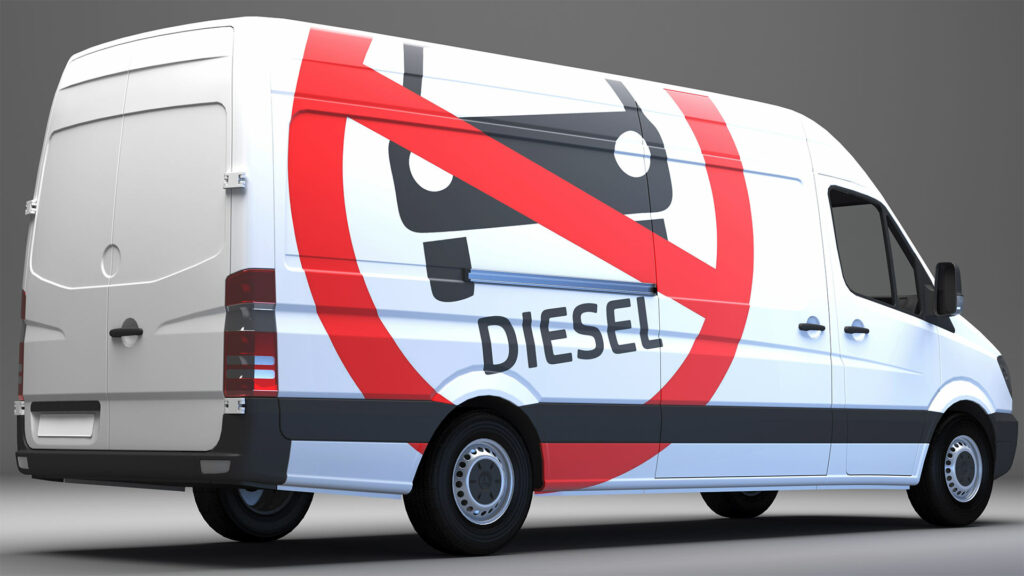Last updated on October 19th, 2022 at 10:49 pm
The UK government announced in November 2020 that it will ban the sale of new petrol and diesel cars from 2030 as per its ‘green industrial revolution’ plan.
However, the announcement does not affect those vehicles already sold and being used. Nevertheless, while people in the UK will be able to drive a petrol or a diesel car as well as buy preowned combustion vehicle cars and new hybrid cars after 2030, the London T-Charge (ULEZ) and the congestion charge will be levied heavily on such vehicles, with similar charges being introduced across UK cities.
Between now and 2030, it will quickly become very uneconomical to drive a fossil fuel car and it will become more expensive to own and live with such cars. A driver may need to pay up to £5,000 a year just to own a combustion vehicle inside a ULEZ (Ultra Low Emissions Zone). As a result, the value of a traditional vehicle will drop faster due to falling demand and rising cost of maintenance.
Another important factor to note is the rising cost of fuel. Petrol and diesel prices have catapulted this year, fuelled by soaring wholesale gas prices, the war in Ukraine and efforts to reduce Europe’s dependence on Russian oil. The average cost of a full tank of petrol for a typical 55-litre family car has exceeded £100, although it has subsequently fallen back a little.
However, recharging a typical electric vehicle costs just £35, and less than a fiver on a low overnight home tariff, meaning EV drivers are saving at least £65 in fuel costs every time they charge their car, according to an analysis published by Carbon Brief, a climate and energy science website.
Since EVs use energy more efficiently, they are cheaper to refuel despite the increase in price of electricity.
The analysis by Carbon Brief was based on an EV being recharged at home using the current average electricity price, the cost of filling 55-litre petrol tank, petrol car efficiency in Europe and EV efficiency.
The cost of recharging could drop further if an overnight tariff is used to charge the car when power is cheapest. It is still currently possible to obtain overnight tariffs for as little as 7.5p per kWh.
Along with overnight tariffs, smart chargers, which ensure that the car charges only when the grid is clean and cheap and pauses charging as the electricity demand starts increasing, and the government’s £300m in grant funding towards expanding public charging networks, encourage sales of electric taxis, vans and trucks; it continually becomes more attractive to own an EV than a diesel vehicle by 2030, even if driving a diesel won’t be illegal by that time, if ever.
